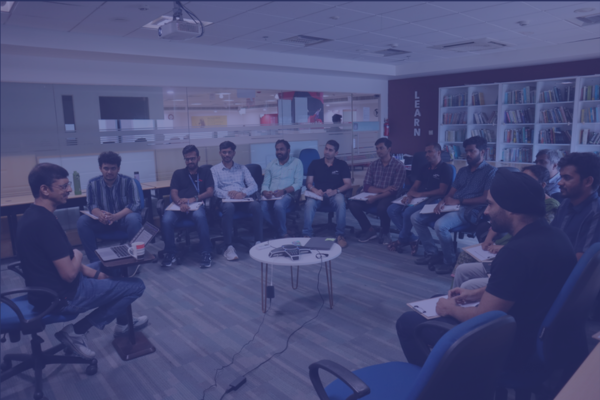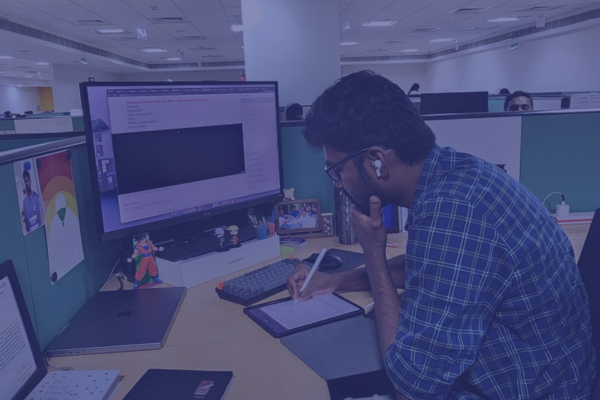In a world of evolving technologies and ever-changing industry landscapes, the ability to learn, unlearn, and relearn while continuously developing new skills drives individual growth and organizational success. How organizations facilitate learning and how effectively individuals engage with learning opportunities becomes a key differentiating factor in shaping careers and making an impact in the industry.
Enabling a Culture of Continuous Learning
At Soliton, we recognize that meaningful learning goes beyond traditional training programs. We believe the true impact lies in continuous learning. We see it as a journey that drives personal and professional growth. As Sukhbir Singh, our Senior Lead – Learning and Development, puts it:
“Our goal is to create a culture of continuous learning by embedding it into everyday work rather than limiting it to one-time training sessions. Learning isn’t just something we do in a classroom; it happens on the job and in our everyday lives.”
So, how do we ensure that learning is not just an initiative but an integral part of our work? Our L&D team has developed a structured approach that makes this vision a reality.


